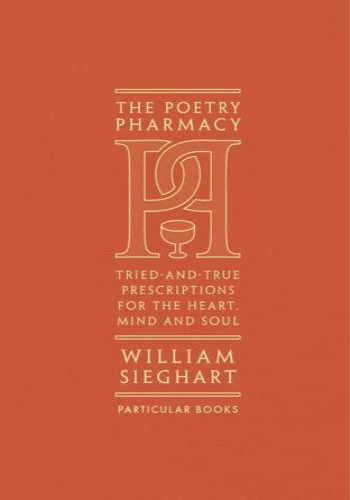'Truly a marvellous collection ... There is balm for the soul, fire for the belly, a cooling compress for the fevered brow, solace for the wounded, an arm around the lonely shoulder - the whole collection is a matchless compound of hug, tonic and kiss' Stephen Fry
Sometimes only a poem will do. These poetic prescriptions and wise words of advice offer comfort, delight and inspiration for all; a space for reflection, and that precious realization - I'm not the only one who feels like this.
In the years since he first had the idea of prescribing short, powerful poems for all manner of spiritual ailments, William Sieghart has taken his Poetry Pharmacy around the length and breadth of Britain, into the pages of the Guardian, onto BBC Radio 4 and onto the television, honing his prescriptions all the time. This pocket-sized book presents the most essential poems in his dispensary: those which, again and again, have really shown themselves to work. Whether you are suffering from loneliness, lack of courage, heartbreak, hopelessness, or even from an excess of ego, there is something here to ease your pain.
'The book is delightful; it rightly resituates poetry in relation to its biggest and most serious task: helping us to live and die well' Alain de Botton







